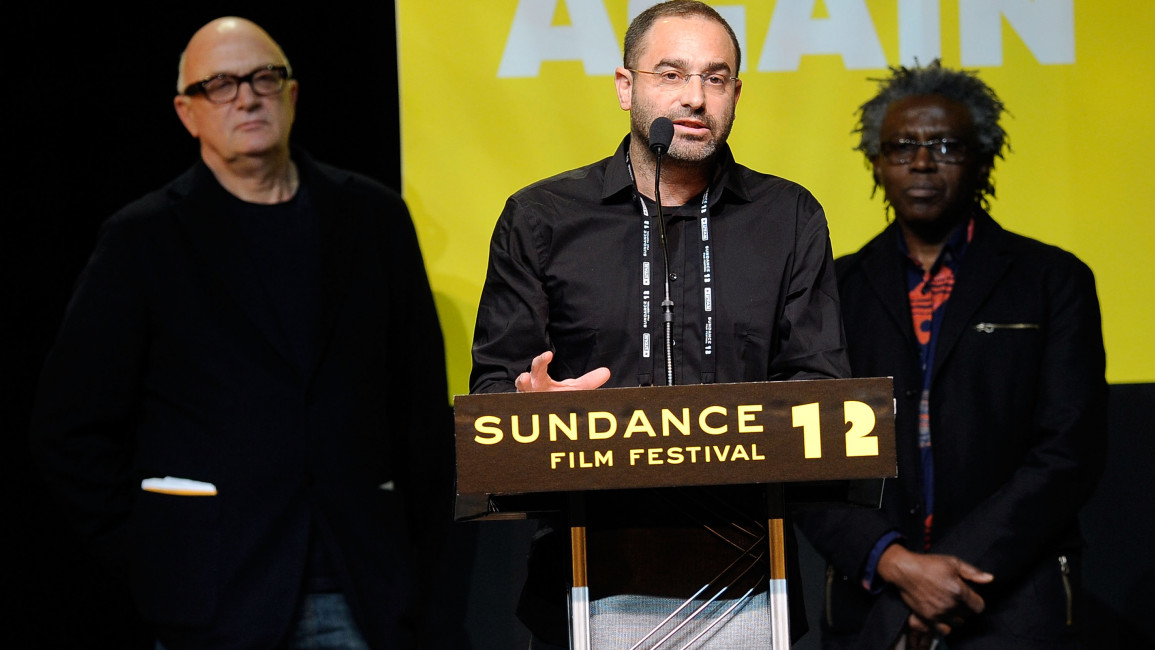Director of newly-released documentary wants Jewish viewers to question their views on Israel
An Israeli director has said that he hopes his documentary about a US Jewish student's view on the Israeli occupation of Palestine will make viewers question their stance on the issue.
"The Viewing Booth" - an Israel-US co-production - was first screened in 2019 but is only now showing in US cinemas. It will also be shown to UK viewers on BBC Reel, as it is a finalist in LongShots, the British broadcasters' online film festival.
US-Israel co-production directed by Ra'anan Alexandrowicz went in search for students from Temple University in Philadelphia who volunteered to take part in the film sit in a dark booth to watch videos showing Palestinian life under Israel's occupation, and say what they are thinking while watching the footage.
The film centres on the reactions of Maia Levy, a student who says she is strongly pro-Israel. Though she says she can see the horror in the clips that portray Israelis badly, she frequently asks for "context" or adds her own.
Alexandrowicz has made films that show sympathy for Palestinians living under Israeli occupation, including the 2011 film "The Law in These Parts", about the Israeli army's court system in the occupied West Bank. The film won the World Cinema Grand Jury Prize in Documentary at the 2012 Sundance Film Festival.
He told the Jewish Telegraphic Agency in an interview published last week that he intentionally targeted students with pro-Israel sentiments to feature in the film.
"With earlier works, my primary audience was always Israeli. But in the US, I was very interested in Jewish audiences – and in Jewish audiences that were on the other side of the political map. That’s where I thought my work might have some sort of effect. So I published a call from the [Temple University] Hillel Facebook page, in the Jewish studies department, in places where there would be people who were very pro-Israel."
Alexandrowicz said the film was not meant to be a reflection of all Jewish people in the US.
"It's more of a case study of a conversation between one viewer, a set of images, and a filmmaker. So Maia doesn’t represent the group of people who answered the call. She definitely doesn’t represent American Jews. She represents one American Jewish viewer who I, as a filmmaker, would have wanted to understand something from the media that I make — which is not the media in the film," Alexandrowicz said.
A survey by the Jewish Electorate Institute found that one-quarter of US Jewish voters believe Israel is an apartheid state – though more than half of those surveyed disagreed with the statement.



